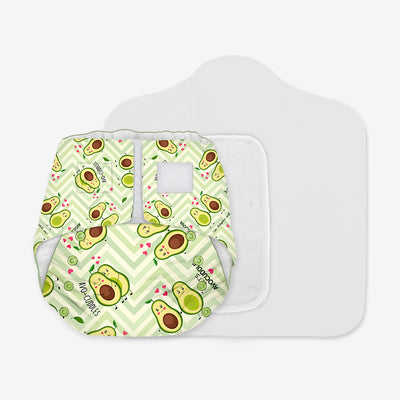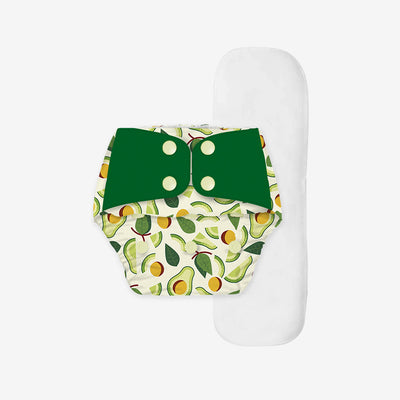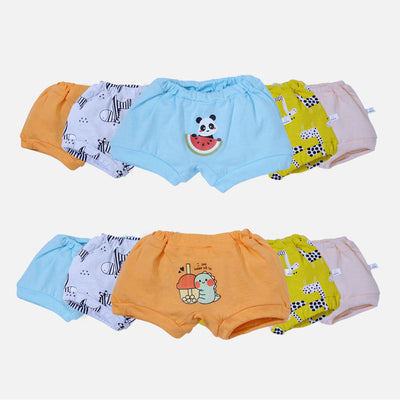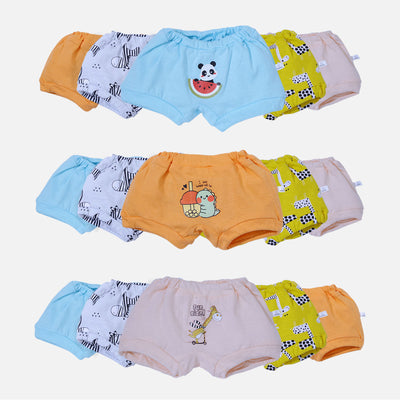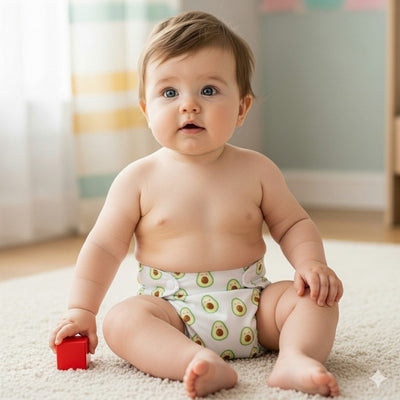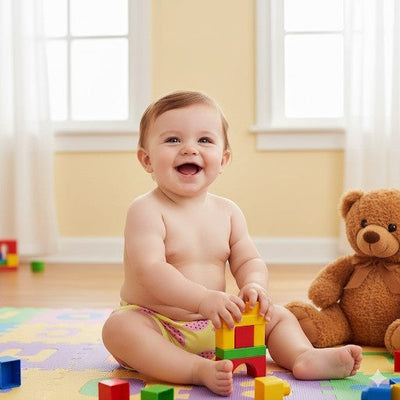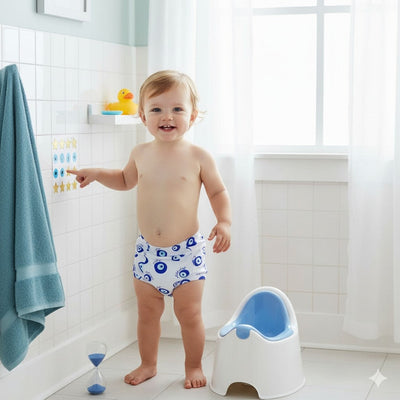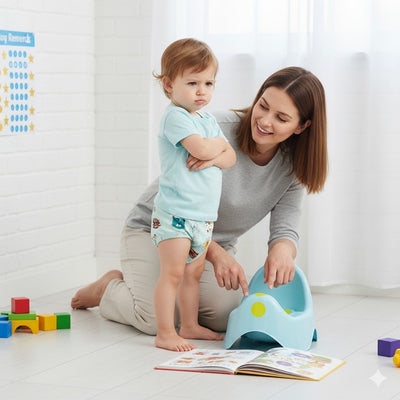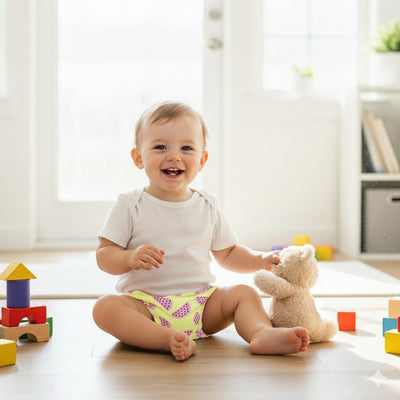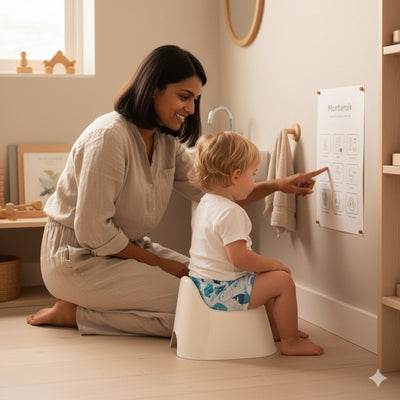Potty Training Regression: Why It Happens & What to Do
For young children, potty training is more than just learning a daily routine it marks an important step in their emotional and physical growth. Parents often celebrate the moment their child transitions from diapers to potty training pants, seeing it as a sign of maturity and independence. However, progress in this area isn’t always a straight path. Many children who appear fully trained may suddenly start having accidents again. This phase, known as potty training regression, can feel discouraging for parents but is actually very common. It usually reflects underlying changes in a child’s environment, emotions, or development, and with the right support, children quickly get back on track.
What is Potty Training Regression?
Potty training regression refers to a phase where a child who has already learned to use the potty starts going back to old habits, such as wetting themselves, resisting the potty, or asking for diapers again. It can occur at any time during toddlerhood, and it doesn’t mean your child has “forgotten” potty training. Instead, it’s usually a sign of adjustment, stress, or simply developmental changes.
Why Does Potty Training Regression Happen?
Here are some of the most common reasons:
-
Big Life Changes
Transitions, such as moving to a new house, the arrival of a new baby, or starting preschool, often unsettle toddlers. These big changes often trigger regression because children seek comfort in familiar habits. -
Stress or Anxiety
Any form of stress, whether at home or outside, may affect a child’s ability to stay consistent with potty use. -
Physical Illness
Conditions like urinary tract infections, constipation, or even seasonal illnesses can interfere with bladder control and result in setbacks. -
Overtraining
If parents start potty training too early or with too much pressure, children may resist and regress. -
Normal Developmental Phase
Sometimes, regression is just part of learning. Just like walking or talking, mastering toilet training takes time, patience, and consistency.
Signs of Potty-Training Regression
-
Frequent daytime accidents after weeks of being dry
-
Refusal to use the toilet or potty
-
Asking to wear diapers again
-
Showing resistance to toilet training pants.
-
Wetting the bed more often than usual
Recognising these signs early can help parents address the problem with patience instead of frustration.
How Parents Can Handle Potty Training Regression
-
Stay Calm and Patient
Instead of scolding, offer reassurance. Potty training setbacks are only temporary, and with patience, your child will soon regain confidence. -
Return to Basics
Reintroduce a potty schedule, for example, encouraging your child to use the potty after meals or before bedtime. -
Use the Right Training Pants
Switch to Snugkins potty training pants. These products give children the independence of underwear while offering light protection against small accidents. -
Encourage Independence
Let your child pick their own colourful cotton training pants or fun designs from Snugkins. This makes potty time exciting instead of stressful. -
Offer Positive Reinforcement
Praise small achievements. Even if it’s just sitting on the potty, celebrate their effort. -
Check for Health Concerns
If regression is sudden and persistent, consult a pediatrician to rule out infections or medical issues.
Role of Training Pants in Regression
-
Absorbent layers: Protect against small leaks so clothes stay fresh and clean.
-
Soft cotton fabric: Soft-touch material that keeps toddlers comfortable through play and rest.
-
Reusable & eco-friendly: Unlike disposable options, Snugkins cotton training pants can be washed and reused, making them cost-effective and sustainable.
-
Confidence booster: Kids feel the slight wetness, which helps them connect accidents with potty use, a key step in training.
By using padded underwear from Snugkins, parents can give their kids the right balance of freedom and security, making the transition back to potty use smoother.
Conclusion
Potty training regression is not a setback but a reminder that learning is rarely a straight path. Children often need time, reassurance, and consistency before new habits become second nature. Instead of focusing on accidents, parents can focus on progress; every small step builds confidence.
The right support makes the journey smoother. Snugkins potty training pants act as a bridge between diapers and full independence, allowing toddlers to practice without the stress of constant messes. Made with soft cotton and designed for repeated use, they are a practical, eco-friendly, and child-friendly solution that keeps training positive.
When combined with patience, encouragement, and a calm approach, these tools turn regression into growth. Over time, your child will not just overcome setbacks but gain the confidence and independence to succeed. Remember, potty training isn’t a race; it’s a process, and with Snugkins by your side, you and your child can handle it with ease.
FAQs
1. How long does potty training regression last?
It depends on the child. Some toddlers bounce back in a few days, while others may take a few weeks. Consistency and patience are key.
2. Should I go back to diapers during regression?
Instead of diapers, switch to padded underwear. They protect from minor accidents while still helping your child learn independence.
3. Does regression mean potty training has failed?
Not at all. Regression is a normal phase. With patience and consistency, most children quickly return to their potty habits.

